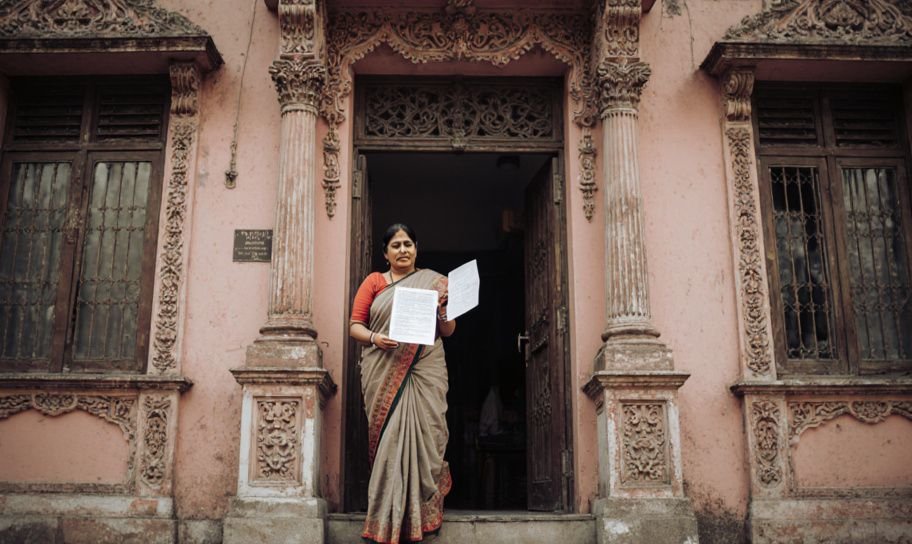
In a recent decision, the Bombay High Court sided with the Life Insurance Corporation of India (LIC), bringing back an eviction order against Niloufer Marshall. The court found that Marshall's claim to live in the apartment was not valid according to the rules set by LIC.
The case is about an apartment owned by LIC, which was first rented to Dr. Darasahah Bharucha after his wife, the first renter, passed away. Dr. Bharucha later died in 1994, and it was thought that his niece, Niloufer Marshall, could live there because of his Will.
LIC argued that Marshall was living there without permission. They said that Dr. Bharucha's rental agreement clearly stated that the lease could not be transferred to someone else without LIC's written permission. Despite this, Marshall claimed she had the right to live there because of the Will.
"The applicant refused to accept respondent no. 1 as a tenant and issued the termination notice dated 25th January 1997."
At first, the Estate Officer ruled in favor of LIC, ordering Marshall to leave the apartment. However, the City Civil Court disagreed and sided with Marshall. LIC then took the case to the High Court.
Judge Gauri Godse brought back the eviction order, stressing that the right to live in the apartment could not be passed on against the rules of the rental agreement. The court found that the Public Premises Act, which governs such properties, is more important than any claims made under the Rent Act or through a Will.
"The Public Premises Act provides a speedy mechanism to secure the eviction of unauthorized occupants."
The ruling highlights the importance of following rental agreements and the limitations of passing on the right to live in a place through a Will when it goes against the original contract terms.
The judgment emphasizes that public properties have specific legal protections that prioritize the rules set by the property owner, in this case, LIC.